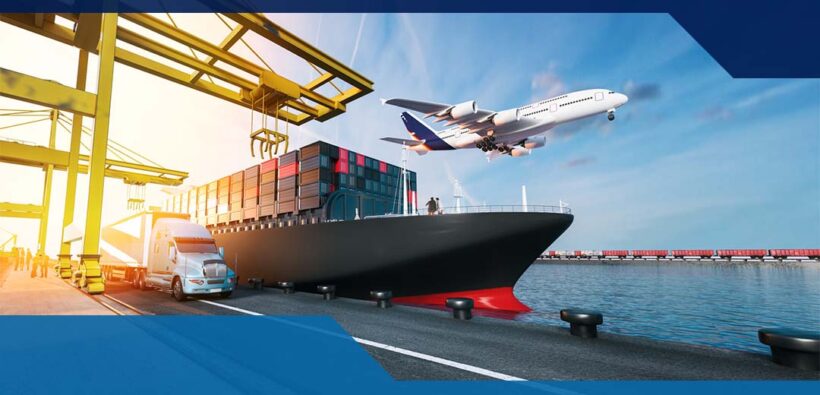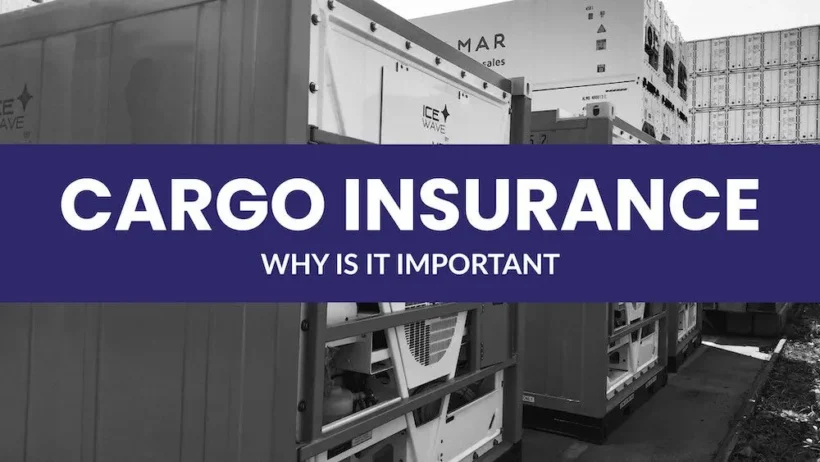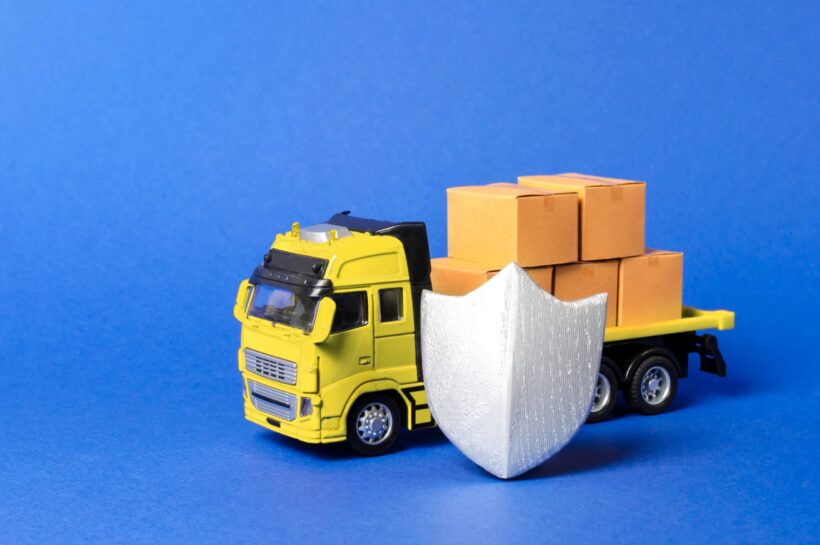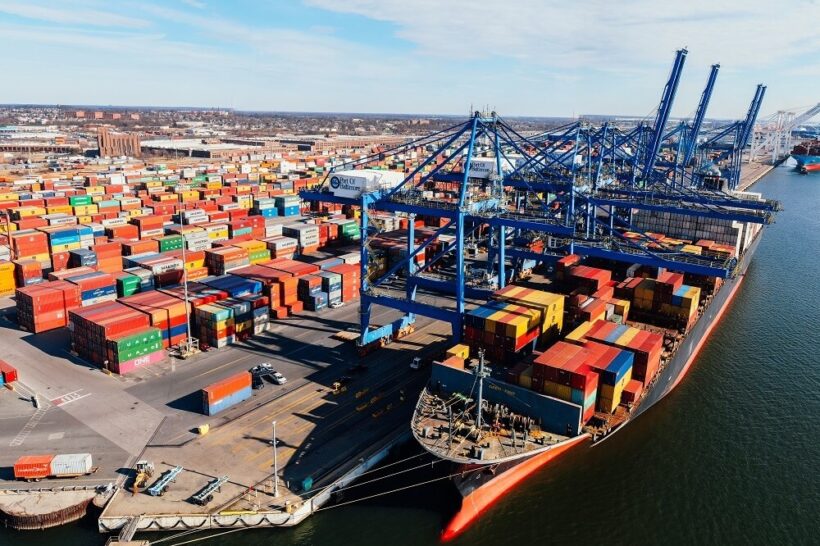A freight highway is an interlinked network enabling the transportation of raw and finished goods from one place to another. It is a vital force in the economy as it keeps the citizens employed, communities healthy, and the nation competitive on a global scale. All these components create the freight highway, which plays a critical role in the nation’s development.
Over the years, transportation has evolved a lot due to the state-of-the-art technology to serve the various needs of the growing population. However, with it, the risk of moving commodities between cities and countries has increased. That’s why businesses need to reduce the risk for self and transport partners by taking the necessary insurance.
However, cargo insurance portland can be complex, especially when using multiple forms of transportation across various countries. And if the goods transport to areas of heightened risk, the procedure can be even more complex. So, to help you make the right decision, we have created a comprehensive guide to freight insurance. Please continue scrolling to check it out.
What is Cargo Insurance?

Also referred to as transit insurance, it keeps your goods safe against specific transit dangers, including loss, damage, delay costs, and non-delivery by the carrier. When you transport from one place to another, it is prone to several risks. And if the goods have high value, it becomes even more crucial to safeguard them.
Out of the various types of guarantees available in the market, you can choose any depending on the type and size of your freight and the transportation method. But why is it essential? Let’s find out!
What Risks are Covered Under Cargo Insurance?
The following types of risks fall under insurance from the point of loading to unloading the goods.
Weather Damage
Loss due to weather conditions is the most common factor covered by the coverage policy as unsatisfactory weather can make the trip more chaotic and risky. When the goods move from one place to another, they are prone to several risks, such as typhoons, hurricanes, storms, and rough seas.
Since it is impossible to control the weather, sign up for a policy that covers this peril. If you do so, you will at least receive the market value of the damaged or lost goods due to weather.
Theft Loss
Theft can cost a business a vast sum of money and delay the business flow. Since minor criminals or pirates often expose imports and export to this risk, firms must stay safe by insuring against theft loss. Doing so will also give them peace of mind and allow them to focus on the future.
Collision Damage
Loss of goods due to collision is another typical factor because accidents can happen anytime, anywhere, no matter how vigilant you are. If the cargo is unsecured, the truck can lose balance and tip over. Since you cannot control collisions, you must at least take measures to keep the cargo safe.
The insurance policy must include this damage so that you receive reimbursement for replacement costs.
Fire or Explosion
Loss of cargo due to fire or explosion is typical when transporting via vehicles with vast engines and machines. Since such engines or machines are risky to the goods, businesses must ensure against fire and explosion to avoid irrecoverable financial damage. Such instances are sudden and out of control. But coverage will guarantee reimbursement of the market value of the cargo.
Why is Cargo Insurance Policy So Important?

- It offers guaranteed financial coverage to the business in case of loss or damage to the goods as if nothing happened.
- When the business owner knows his goods are insured against damage and loss, he can have peace of mind.
- It protects and compensates business entities against loss and damage to the goods through a range of mechanisms.
- It makes international trade across a wide range of industry sectors more effective.
- It protects business owners against various kinds of losses by holding the other party as much liable.
- The insurance policy also gives the confidence to stand up again after a tragic accident as you receive full-fledged compensation for the loss.
How to Choose a Suitable Cargo Insurance?

- Consider the value of your cargo while choosing the right policy, as a cargo of high value will need more comprehensive coverage and vice versa.
- Consider the associated risks with your shipment. If you think the goods are perishable and fragile, go for a policy that protects against these risks.
- If the freight has to travel through high-risk areas, it will require additional coverage.
- Consider the vehicle through which you are transporting the goods as different vehicles need specific coverage.
How to File a Marine Cargo Insurance Claim?

Filing an insurance claim is a confusing task. You have to follow a thorough procedure and know how everything works to avoid pitfalls and make the process more smooth and successful. Follow these steps carefully to file a claim to recover loss due to fire, theft, weather, or other reasons.
- Carefully identify the value of cargo loss or damage as soon as it arrives at the location.
- Immediately contact the company to give them a heads-up of the situation.
- Prepare the required documents, including bill of lading, delivery receipt, and photos of destruction to file a claim.
- Wait for the agent to finish the investigation and calculate the amount of loss.
- Fully cooperate with the company and wait for them to approve or reject your request.
Since you can lose reimbursement for the damages due to late filing and insufficient documents, be aware the whole time. Don’t put off the responsibility and carefully read the insurance policy. It will increase your chances of a successful claim.
Wrapping Up
We hope this article helps you understand the importance of insurance when transporting goods to another place. It is a brilliant decision a business can take as it safeguards its freights against various perils, such as theft, fire, collision, and weather. Consider the factors listed in this blog to achieve a successful shipment and a logistical quagmire.

